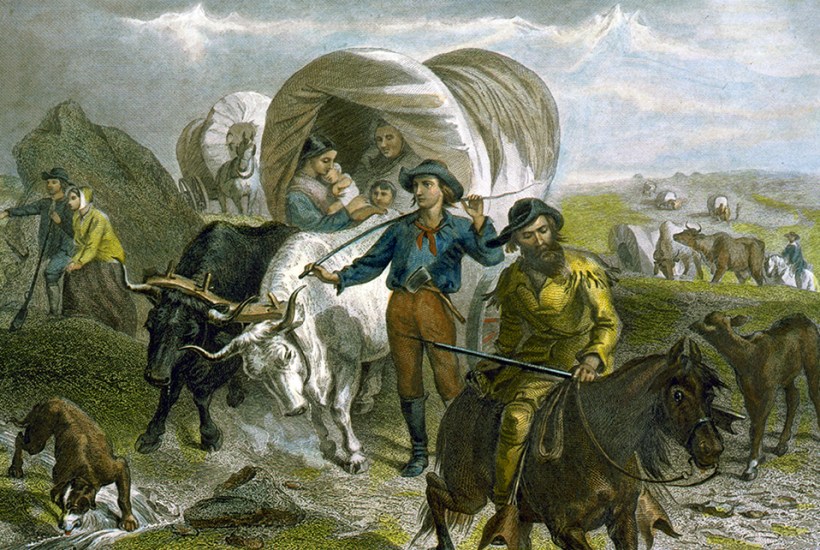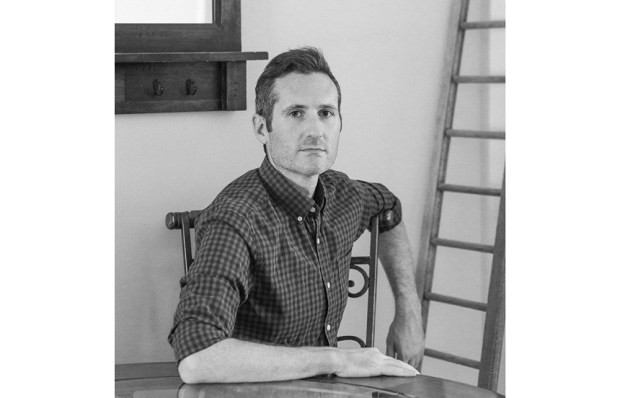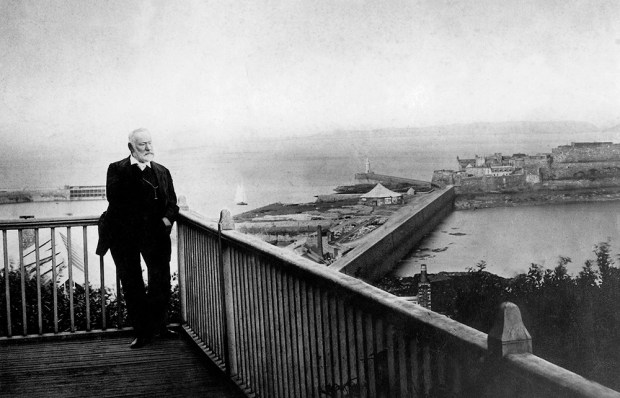Halfway up the high street in Totnes, a small town on the river Dart in Devon, a modest stone is set into the edge of the road. It claims to mark the point at which Brutus, legendary founder of Britain, first set foot on this island. The grandson of the equally legendary Trojan hero Aeneas, Brutus was said to have been born in Rome; but, exiled from his birthplace, he travelled western Europe before finally settling here.
Already a subscriber? Log in
Subscribe for just $2 a week
Try a month of The Spectator Australia absolutely free and without commitment. Not only that but – if you choose to continue – you’ll pay just $2 a week for your first year.
- Unlimited access to spectator.com.au and app
- The weekly edition on the Spectator Australia app
- Spectator podcasts and newsletters
- Full access to spectator.co.uk
Or
Unlock this article
You might disagree with half of it, but you’ll enjoy reading all of it. Try your first month for free, then just $2 a week for the remainder of your first year.














Comments
Don't miss out
Join the conversation with other Spectator Australia readers. Subscribe to leave a comment.
SUBSCRIBEAlready a subscriber? Log in